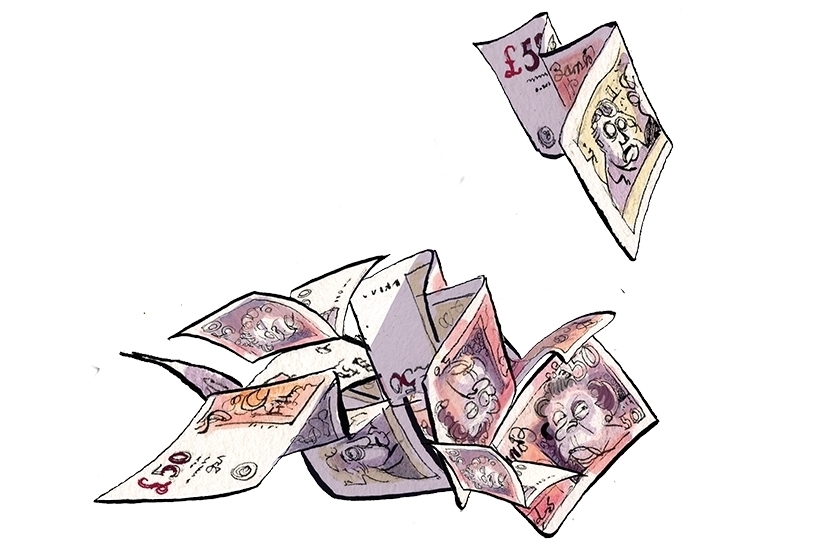When Rishi Sunak turned on the spending taps last March, a triumphant Jeremy Corbyn said he had been proved ‘right’. History would be written by the losers.
In the 16 months since, government spending on the pandemic has swelled to an eye-watering £372 billion. Wages have been nationalised, along with the railways. Individuals have radically altered their behaviour to shield a state institution. Many now hold the view that coronavirus demonstrates government can borrow and spend a large amount of money quickly and wisely — and that it can therefore continue to do so.
But two new reports from the Commons Public Accounts Committee decisively debunk that myth. The picture is one of hastily-approved public procurement causing ‘unacceptably high’ levels of waste; of write-off costs associated with loan schemes, estimated at £26 billion; and of decision-makers putting speed before value for money.
Far from vindicating the socialists, this pandemic has been a poor advertisement for an activist state
The Committee said it remained ‘seriously concerned’ that despite spending £10 billion on personal protective equipment supplies, the stockpile ‘is not fit for purpose.’







Comments
Join the debate for just $5 for 3 months
Be part of the conversation with other Spectator readers by getting your first three months for $5.
UNLOCK ACCESS Just $5 for 3 monthsAlready a subscriber? Log in